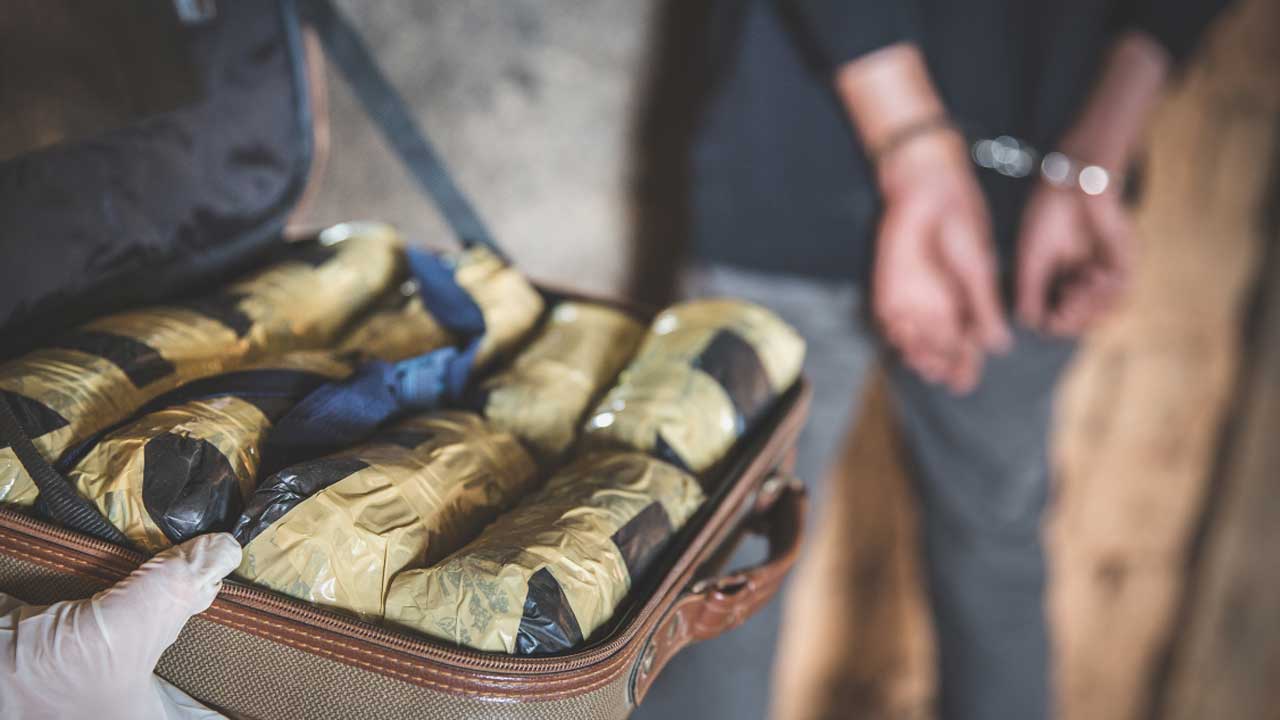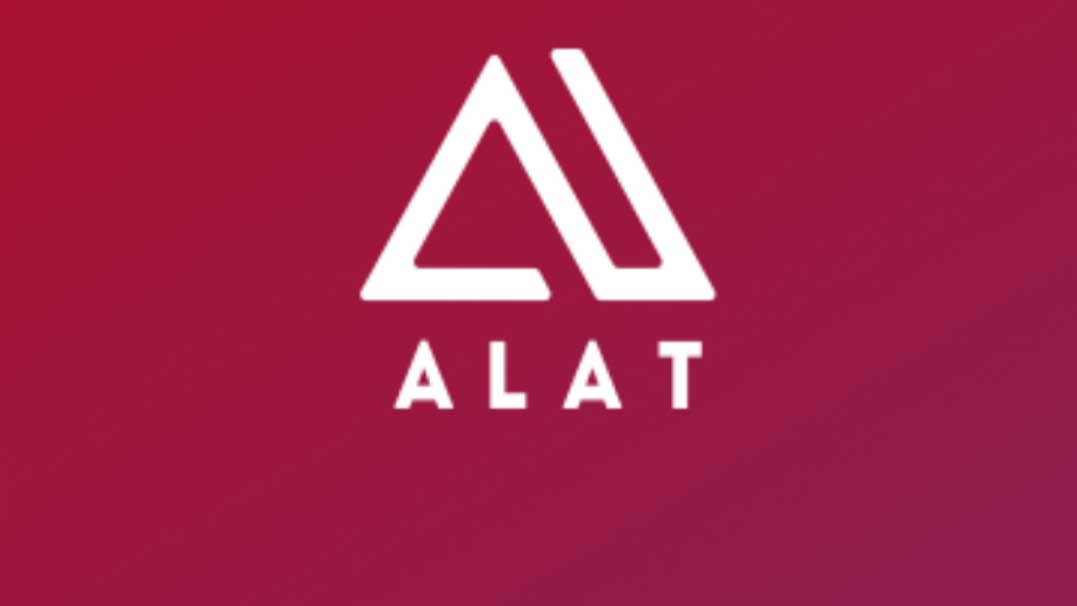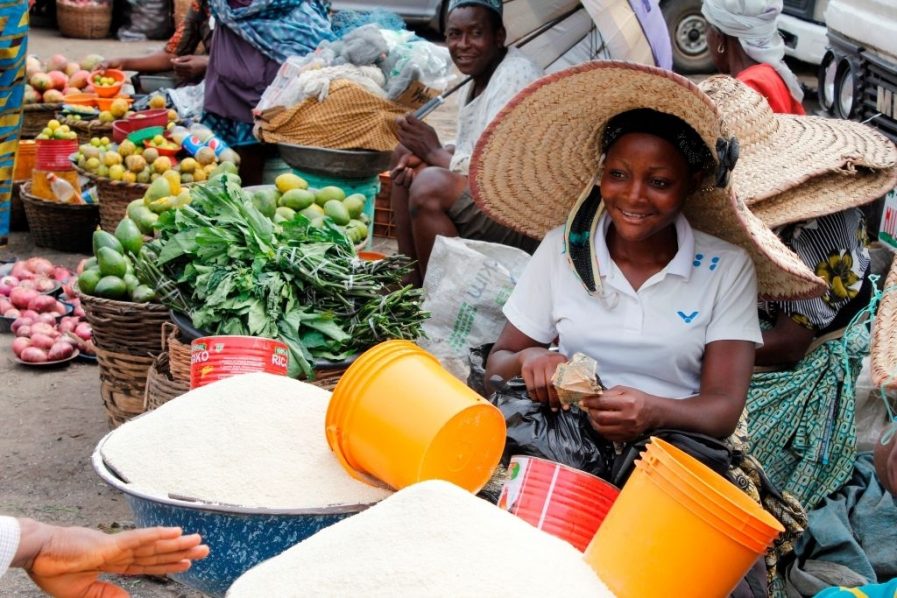 There is rising panic over the reported target of commercial vessels by oganised crime syndicates to facilitate the global trafficking of illegal drugs.
There is rising panic over the reported target of commercial vessels by oganised crime syndicates to facilitate the global trafficking of illegal drugs.
A maritime security firm, Dryad Global, in its recent report titled: ‘Counter Narcotics Drug Smuggling in Commercial Shipping,’ said Nigeria and 21 other countries are high-risk countries for the operations of the crime syndicates and that vessels operating out of the countries are at higher risk.
The United Nations Office on Drugs and Crime (UNODC) and the World Customs Organisation (WCO), had in a joint operation involving customs, police and other agencies from 58 countries across the world, cracked down on organised crime and insider threats exploiting the container supply chain.
The operation, which ran from November to December 2022, had 158 drug seizures made, which included 98,734 kilogramme of cocaine and 314 kilogramme of cannabis herbals.
According to the agencies, organised crime groups have been exploiting legitimate shipments to smuggle illicit drugs across the world.
Also, the National Drug Law Enforcement Agency (NDLEA), in December last year, said it seized 100 million pills of pharmaceutical opioid, called tramadol, within 22 months.
According to the anti-narcotics agency, the seizure was over 5.5 million kilogramme of assorted illicit drugs.
Recently, the Nigeria Customs Service (NCS) destroyed 96 containers of illicit and expired pharmaceuticals imported through the seaports and land borders of the country.
The maritime security firm said drug smuggling operations have long plagued the commercial shipping industry, just as the global drug market continues to expand with increased demand.
According to the Dryad Global report, illicit drug producers continue to develop complex trafficking patterns, which include, targeting commercial vessels and their crew to transit/ their supply through multiple stopovers and transit points.
“The globalised nature of drug-smuggling operations makes vessels possible targets across Africa, Europe, North America and Asia, operating out of areas which may not be directly affiliated with drug production,” the firm stated.
The security firm said the most common method of drug smuggling globally is concealment within legitimate cargo, as well as the use of crew and port staff to facilitate the trafficking operations.
According to the firm, drug traffickers disguise themselves as port officials and stevedores to bring packages on board, while marking cargo containers as checked with replicated official seals.
Dryad Global said they conceal the drugs in engine rooms, restricted areas that are unlikely to be checked, water inlets, rudder trunks, rudder/propellor stern frames and fuel tanks of commercial vessels.
Proffering solutions, the security firm said, record books should be established before calling at the port to accurately record all visiting port, health and police officials as well as stevedores and the areas that were accessed on board the vessel.
The firm said vessel search plans should be prepared in advance, modified and reviewed as required in preparation for full vessel searches after leaving port and cargo operations have been completed.
Dryad Global also stated that all personnel on board must exercise heightened levels of caution and awareness when docked at ports, while single entry points onto the vessel should be strictly enforced, thereby limiting vessel access to essential personnel only.
The firm also suggested that partial restrictions to movement aboard the vessel by external persons should be enforced, as well as restricting movement in engine rooms, holds, stores and other areas of vulnerability.
According to the firm, pre-arranged logbooks should be kept at the single point of entry/exit, while all external persons must record their appropriate details and paperwork, which is verified by the crew before boarding.
“A crew member/watchman should be present where visiting personnel/stevedores are aboard the vessel, keeping areas of activity under surveillance and reporting any suspicious behaviour to the master/chief officer.
“Watchmen should be aware of all approaching/smaller vessels in the vicinity of the docked vessel, particularly after-hours under darkness. Sub-aquatic surveys will determine whether illegal substances have been attached to the vessel’s hull or rudder, which are areas often targeted by smugglers,” the firm stated.






